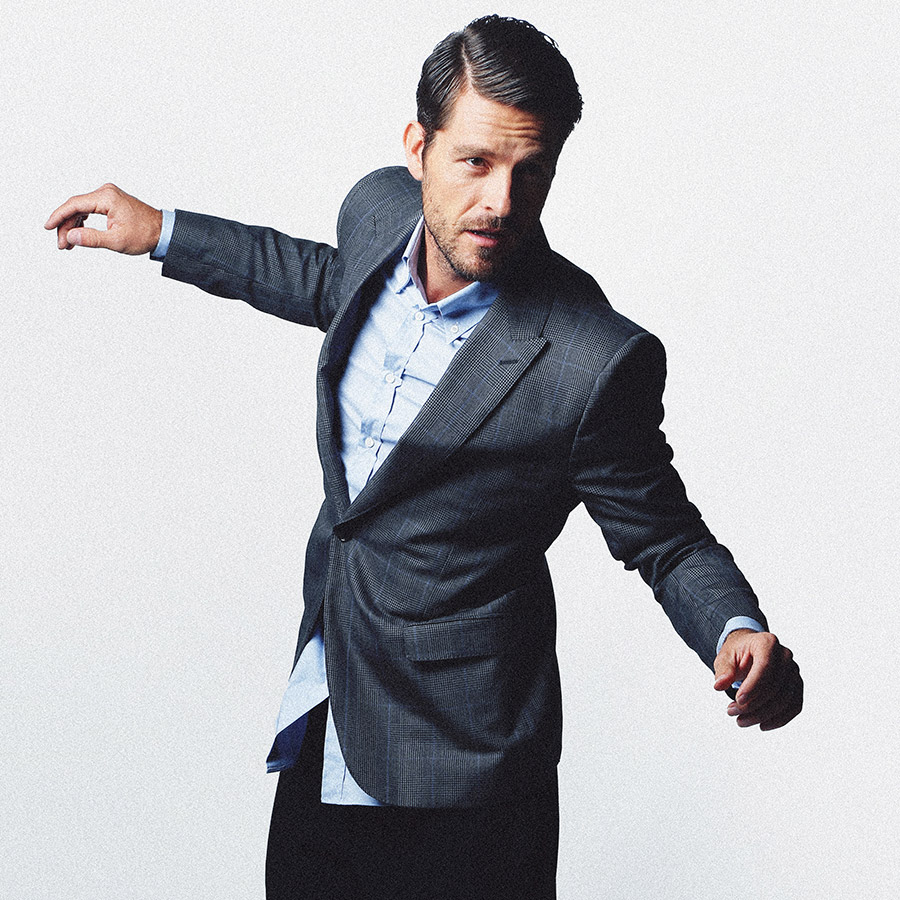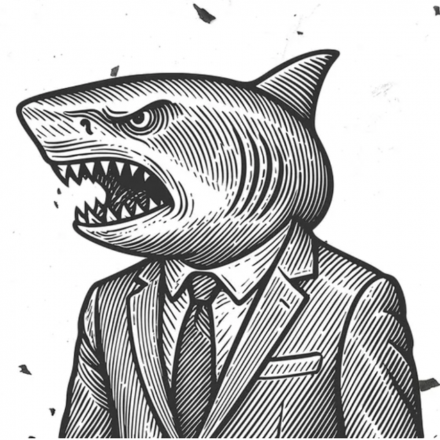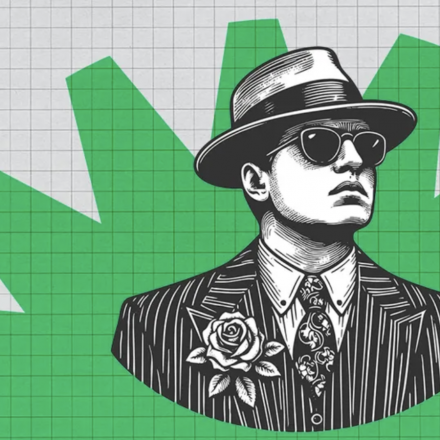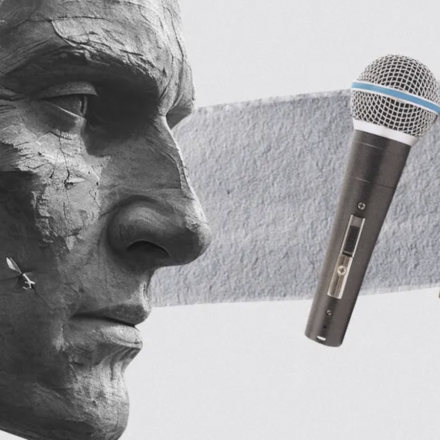Millennials are often called the Peter Pan generation—we seem to be stuck at the border between youth and adulthood, reluctant to grow up, and desperately clinging to the belief in a brighter future. This generation, born at the end of the 20th century, has grown up amidst the wave of technology, freedom, and opportunities that previous generations could only dream of. We are used to enjoying life, delaying serious decisions, and avoiding routine responsibilities. But is our future really as carefree as it seems at first glance? How could our immaturity and hedonism affect us in old age?
On the one hand, millennials have absorbed the culture of success from a young age and believe that they can achieve anything if they try hard enough. We believe in a bright future, dream of a happy retirement filled with travel and pleasures. However, as history has shown with previous generations, reality often turns out to be harsher. In old age, life satisfaction decreases, and belief in a bright future wanes. The optimism that accompanies us in youth gradually gives way to disappointment, and we begin to realize that the world is not as rosy as we once imagined.
Currently, at the peak of our activity, we rarely think about how we will live in old age. Our dreams of a carefree retirement are often not backed by real actions to prepare for this period of life. We may hope that the state will provide us with a pension and that our children will care for us in old age, but are we prepared for the possibility that these expectations might not be met? The state is already making it clear that we need to rely only on ourselves, implementing active aging policies, raising the retirement age, and promoting investment tools to the masses.
The trends of late parenthood and the child-free movement might play a cruel joke on millennials. If some of us do not have children, who will take care of us in old age? And if we do have children, but they are too young to support not only themselves but also their parents? In this situation, we could find ourselves in the position of the grasshopper from the famous fable, who enjoyed the warm days all his life, only to find himself unprepared when the cold came.
The immaturity and hedonism that are so characteristic of our generation could lead to us being financially unprepared for the frailties of old age. We are used to living in the moment, without thinking about the future. But what will happen if the time comes when we can no longer maintain our previous standard of living and have to seek help that may never come? The state clearly tells us: "Take care of yourselves." This is a reality we will have to face when we retire.
Expectations that the state or our children should provide for our old age might not be fulfilled. We might find ourselves alone, without financial support and with declining health. In such a situation, millennials will have to "hang in there," as a famous meme once urged. We will have to maintain our health and continue working, perhaps even longer than we would like. And if another technological revolution occurs by the time we are old, we will have to learn again to keep up with the times.
Millennials often dreamed of retiring at 35, enjoying life, and not worrying about the future. But reality might turn out to be quite different. We may have to continue working, possibly into old age, to support ourselves and our families. And the longer we delay making serious decisions, the harder it will be to deal with the consequences of our choices.
It may seem that these thoughts are pessimistic, but they are necessary for us to consider our future. As much as we might want to remain "children" for as long as possible, reality demands responsibility from us. If we do not start thinking about our future now, we may find ourselves in a situation where the only option is to keep working and hope that our health allows us to do so.
Ultimately, to avoid the fate of the grasshopper from the fable, millennials need to learn to balance between enjoying the present and preparing for the future. Financial literacy, investments in health and relationships, responsibility for our lives—these are the tools that will help us meet old age with dignity and confidence. And while time does not stand still and technology develops at an incredible speed, the future remains in our hands. And what it will be like depends only on us.


















